
Latest articles from Vladimir Socor
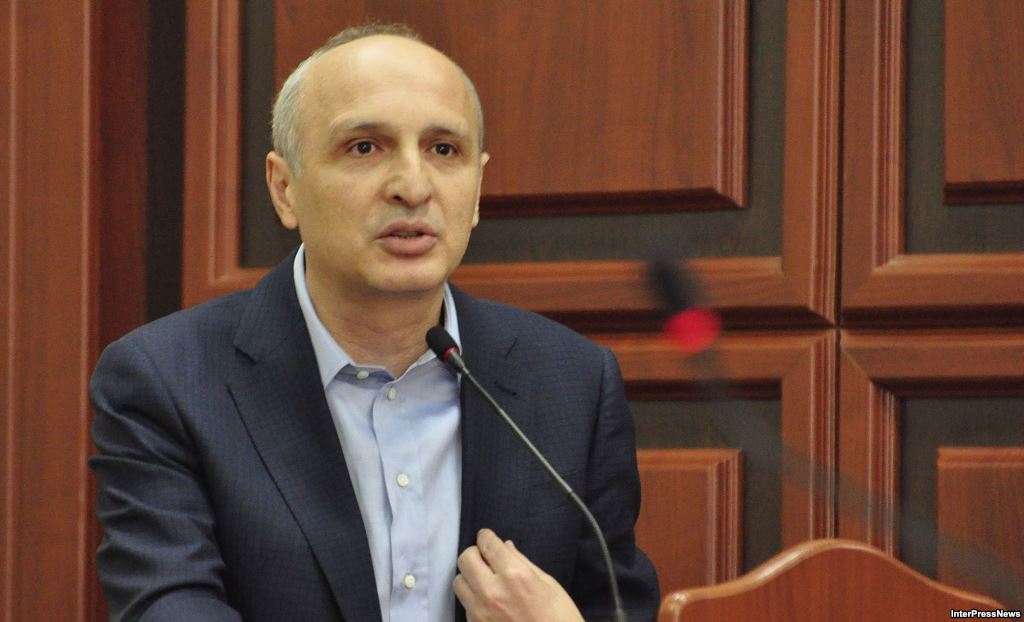
Georgian Politics and Political Prosecutions: The Current State of Play (Part One)
Georgia’s Prime Minister Irakli Gharibashvili, in office since November 2013, has heralded a resurgence in politically-motivated prosecutions against officials of the previous government and current opposition party, the United National Movement (UNM) (see EDM, November 22, 2013; January 7, 2014). Recent developments in several high-profile... MORE
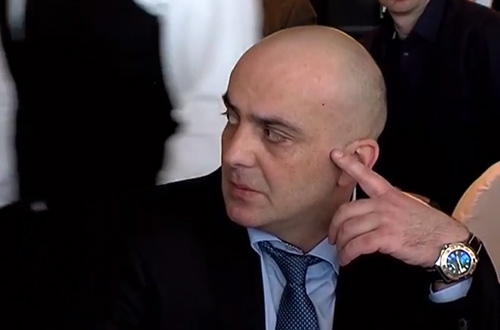
Georgia’s Discredited Chief Prosecutor Resigns—But Anti-UNM Prosecution Cases Multiply
Georgia’s Prosecutor-in-Chief Otar Partskhaladze had to resign on December 30, 2013, following disclosures that, in 2001–2002, he had served a sentence of one year and three months in a prison in Augsburg, Germany, for robbery and resisting the German police (Rezonansi cited by Interpressnews, December... MORE
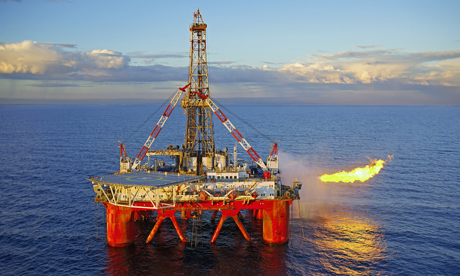
Hungarian MOL Active Upstream in the North Sea and Kazakhstan
Hungarian MOL and Wintershall of Germany have signed an agreement whereby MOL acquires ownership stakes in 14 offshore oil fields originally licensed to Wintershall in the North Sea. Signed in Budapest on December 13, the agreement is expected to be closed in early 2014 pending... MORE
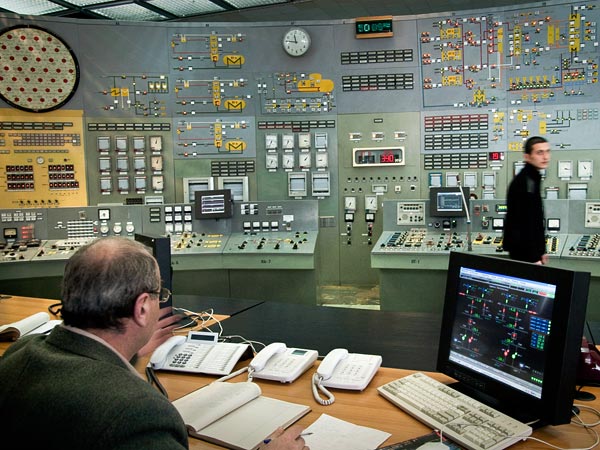
Armenia’s Economic Dependence on Russia Insurmountable by the European Union
Russian President Vladimir Putin visited Armenia on December 2 to seal his triumph in turning Armenia away from the European Union (see accompanying article). Putin and Armenian President Serzh Sargsyan noted that Armenia has participated in three high-level meetings in the course of three months... MORE
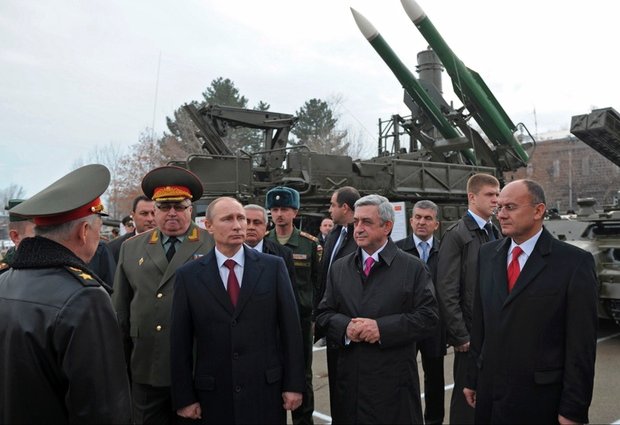
Putin’s Visit Reinforces Military, Political Ties with Armenia
Back-to-back with the European Union’s Eastern Partnership summit in Vilnius (see EDM, December 3–5), Russian President Vladimir Putin paid a state visit to Armenia on December 2. Putin’s timing was designed to underscore Russia’s capacity to induce Armenia to choose Russia and Eurasia over Europe.... MORE
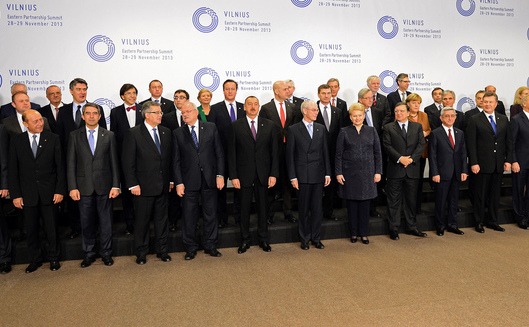
European Union’s Eastern Partnership Unwanted by Armenia, Inadequate to Azerbaijan
The European Union’s Vilnius summit (November 28–29) helped to demonstrate that the Eastern Partnership program must pursue a more differentiated approach toward the individual partner countries.The EU had, broadly speaking, made identical offers to Armenia and Azerbaijan, respectively. It proposed to each of them the... MORE
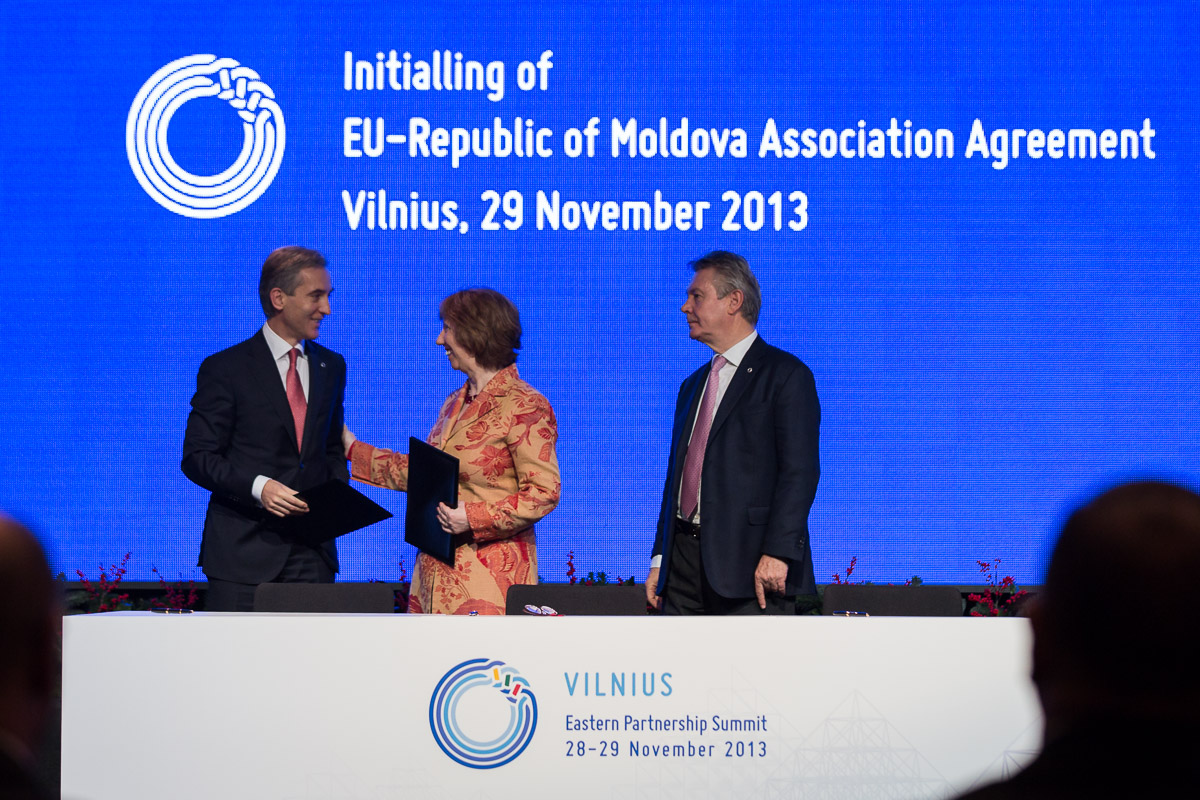
Moldovan Government Moves Closer to the European Union at the Vilnius Summit
Among the European Union’s six Eastern Partnership countries (Belarus, Ukraine, Moldova, Georgia, Armenia and Azerbaijan), Moldova is moving closer to the EU at the fastest pace. The government, led successively by Vlad Filat (prime minister, 2009–2013) and Iurie Leanca (foreign affairs minister 2009–2013, prime minister... MORE
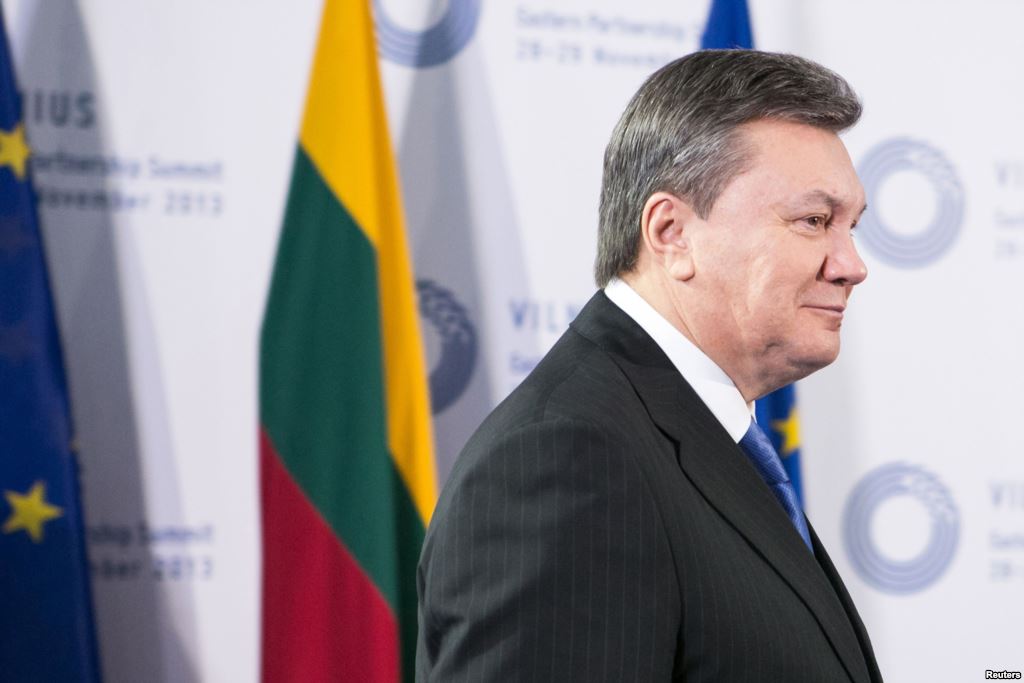
Ukraine and the European Union at the Vilnius Summit and in Its Aftermath (Part Two)
Russia has temporarily derailed the European Union–Ukraine Association Agreement (AA) and Deep and Comprehensive Free Trade Area (DCFTA) deal at the EU’s Vilnius summit, November 28–29. Moscow achieved this success through economic pressures on Ukraine and threats to escalate such pressures, which the EU could... MORE
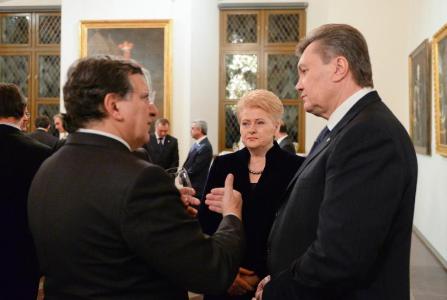
Ukraine and the European Union at the Vilnius Summit and in Its Aftermath (Part One)
Ukraine failed to sign the Association Agreement (AA) and Deep and Comprehensive Free Trade Area (DCFTA) agreement with the European Union at the Vilnius summit (November 28–29) under the EU’s Lithuanian presidency. The negotiations had been completed and the documents initialed in March 2012, ready... MORE
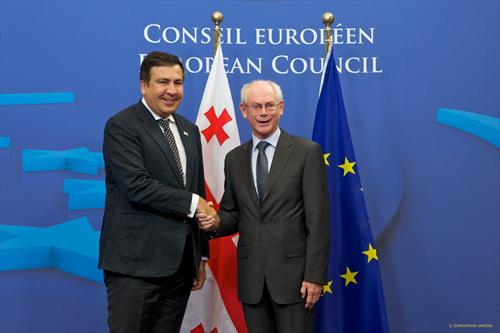
Georgia Between Russia and the European Union: Toward the Vilnius Summit and Beyond (Part Two)
To balance its contradictory goals—advancing Georgia’s Western orientation while conciliating Russia—Prime Minister Bidzina Ivanishvili’s government initiated a “reset” of Georgia-Russia relations from the moment it took office in November 2012 (see Part One, EDM, November 25).Twelve months later, Georgian Dream leaders have no significant Russian... MORE